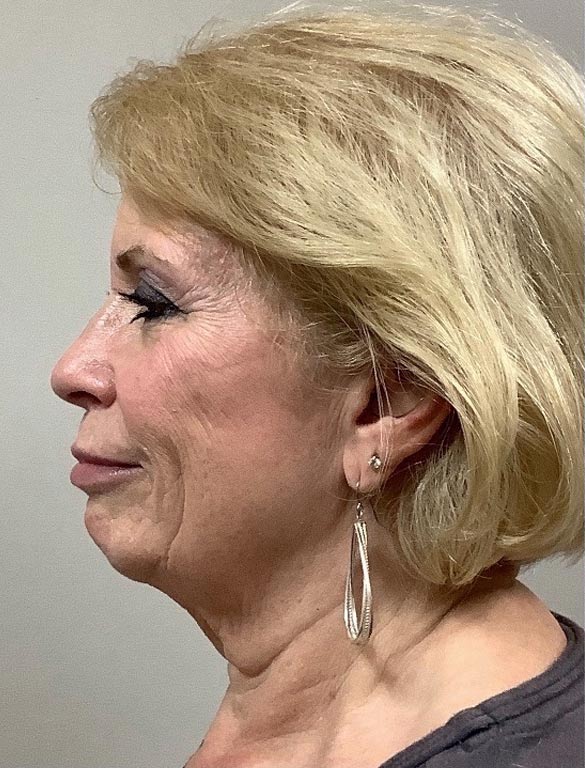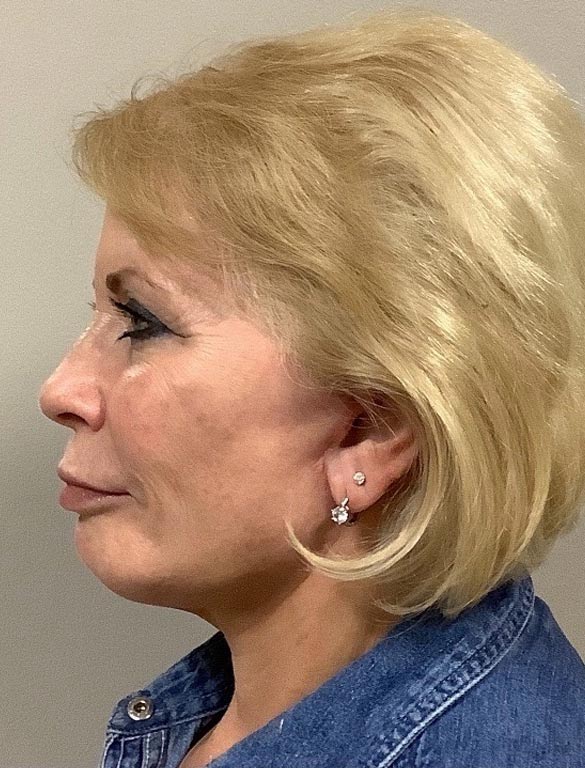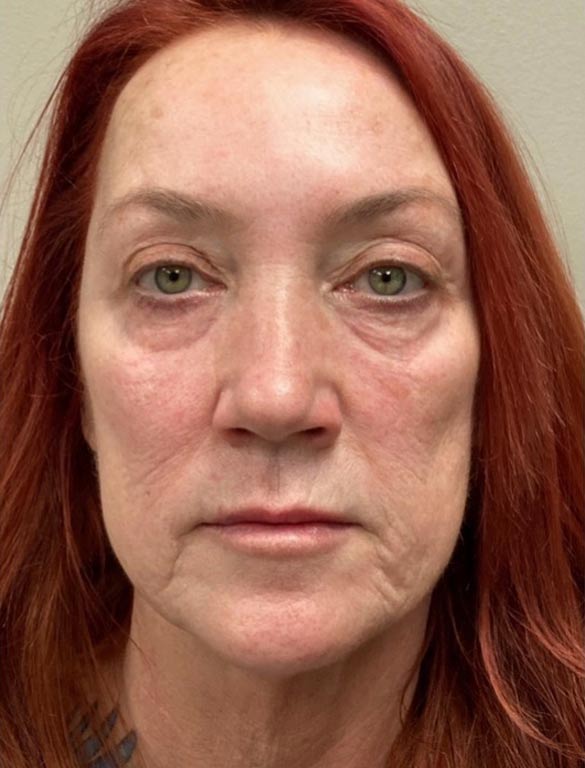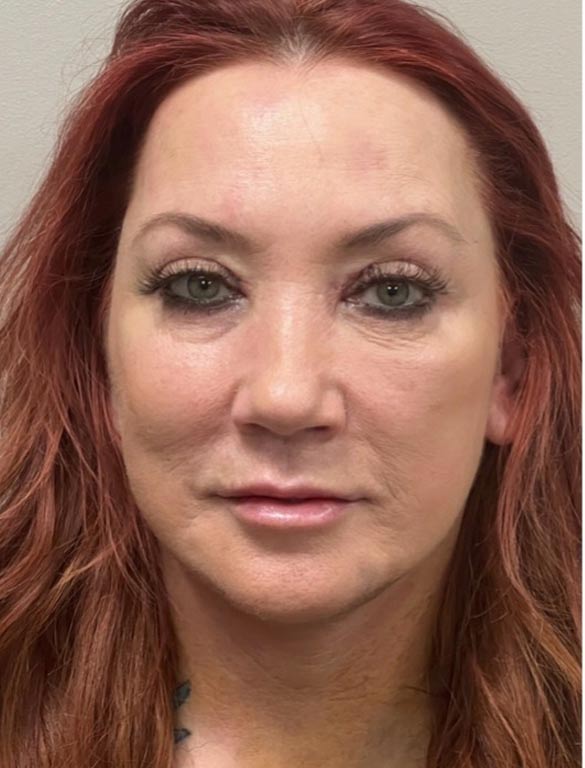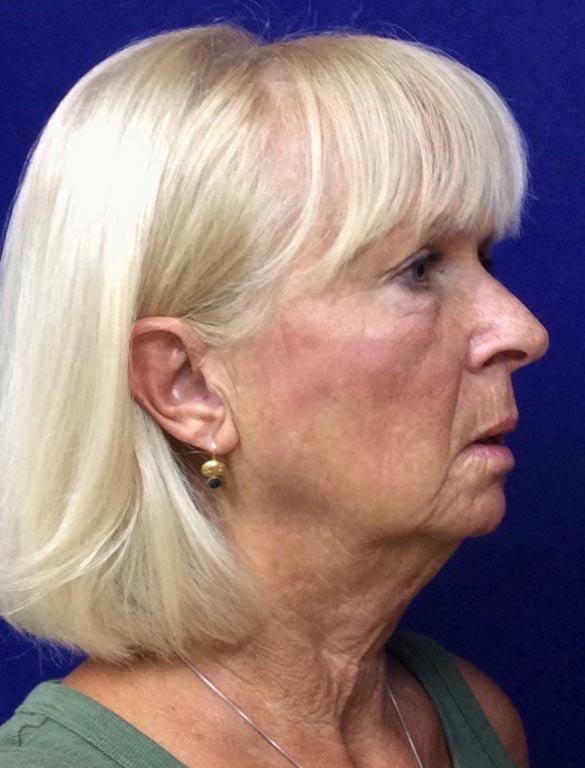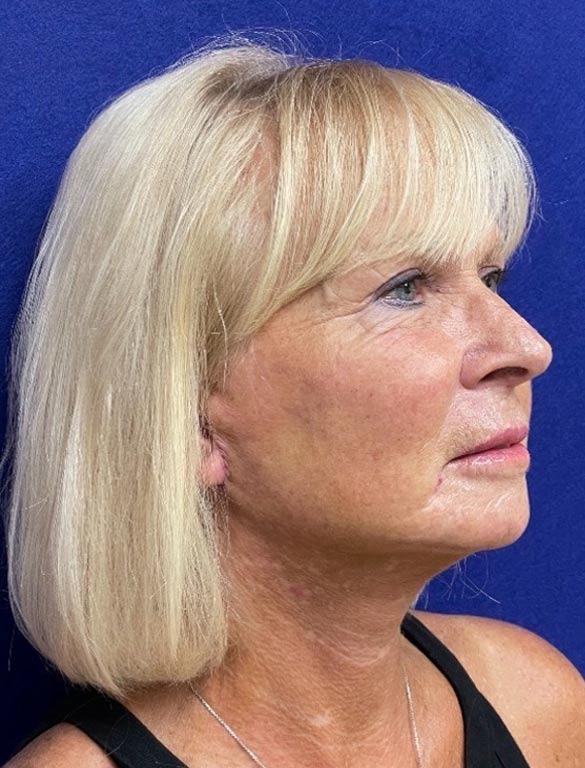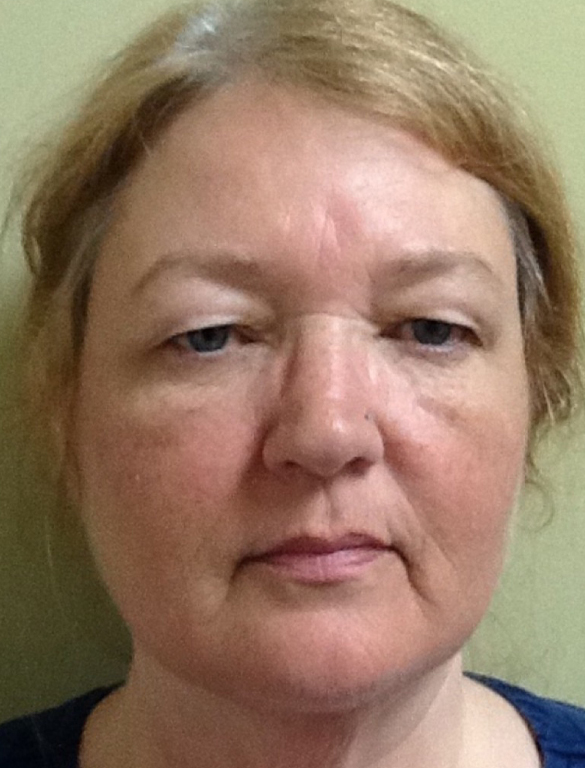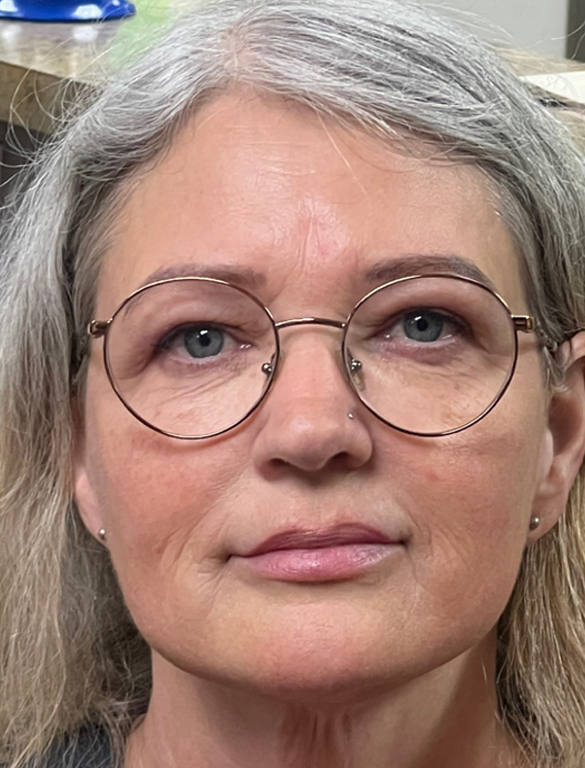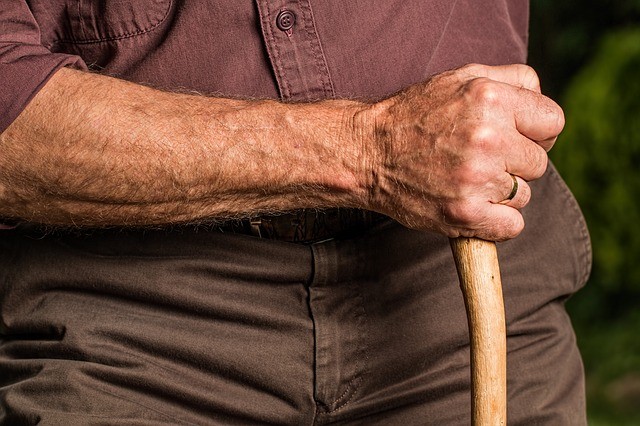You’ve probably heard the term “varicose veins” before. These refer to enlarged veins, typically in the legs. The veins may be dark blue or purple, and can appear twisted and bulging.
What Are Varicose Veins?
First we should point out that varicose veins are not always harmful. While many find them unsightly, they are often harmless. In other cases, though, they may lead to cramping and swelling, achy or heavy feelings in your legs, itching sensations around the veins, and/or worsened pain after long periods of sitting or standing. If the symptoms include the vein changing color and hardening with inflammation of the nearby skin, it indicates a particular vascular disease that requires medical attention.
Usually, exercise, compression stockings, and elevating your legs are enough to treat varicose veins’ symptoms. But, should these not work, see your doctor. Keep in mind, it’s not a bad idea to address these symptoms before pain develops.
Plenty of “common knowledge” floats around regarding what age groups are at risk for varicose veins. We intend to clear the air and expose the truths and myths of what you might have heard.
Aging
Age takes its toll on all of the body, including our vascular system. Our veins are filled with valves that help regulate blood flow—with time, these valves deteriorate or stop functioning with proper timing, interrupting blood flow. Blood begins to pool rather than flow, and the veins stretch as blood begins to collect where it should be flowing. This process continues as we age, so that the symptoms are usually more pronounced in older people because the condition has advanced further.
Youth and Varicose Veins
Age is a factor in varicose veins, but another major contributor to them is hereditary. Varicose veins can show up in someone whether they’re 71 or 17. If you think you may have varicose veins, look closely at your symptoms, perhaps getting an opinion from someone who doesn’t look at your legs as often as you. Are the veins in your legs apparent? Are they a deep blue or purple color? And do your legs ache or itch? If you answered “yes” to these questions, you very well could have varicose veins—don’t think you can’t just because of your age.
The good news is, treatments of varicose have become much less invasive in the past few decades. This means it’s often worthwhile to treat them while you’re young, before the symptoms worsen. Superior modern treatments mean that recurrence of varicose veins are much less likely now than before.
If you’re young and showing symptoms of varicose veins and your family has a history of them, it may be worth it to call a doctor and getting them treated now, before conditions worsen.

